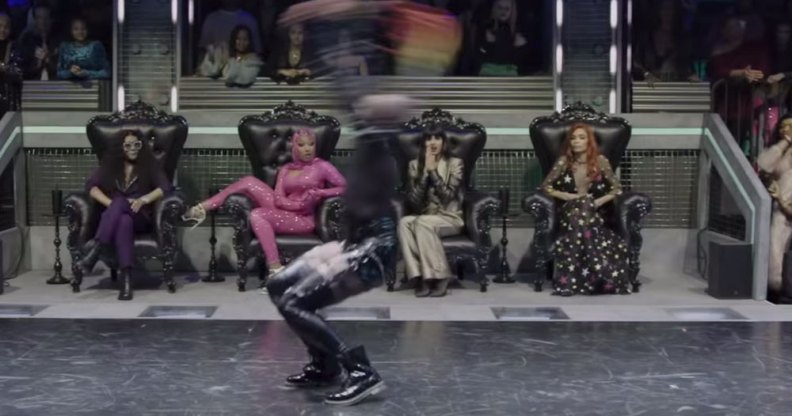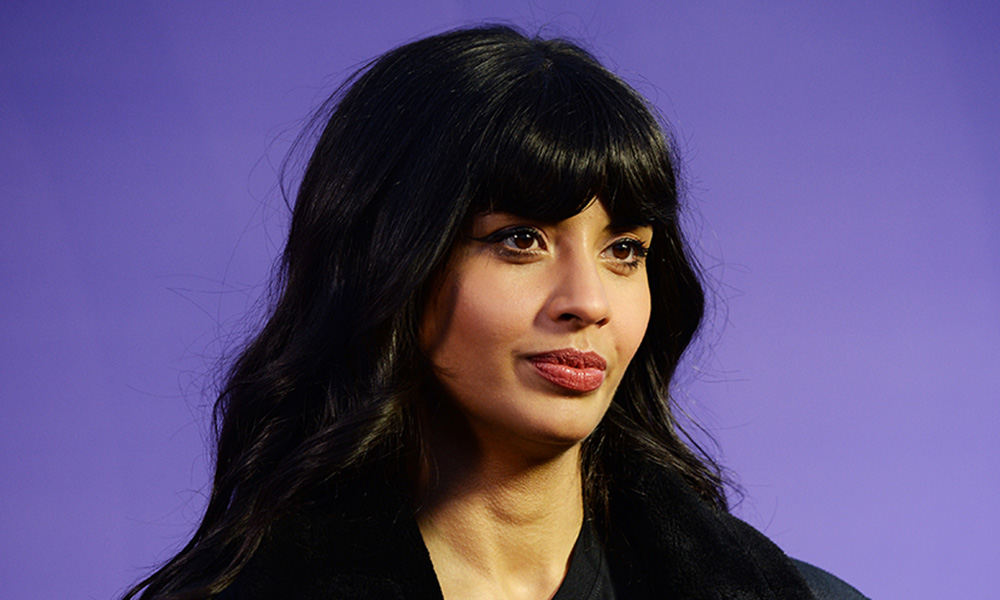Trailer drops for new voguing competition Legendary and it’s the definition of glamour

HBO Max has released the first trailer for Legendary. (HBO Max)
The Legendary trailer dropped Tuesday (April 21), and the glittery, sequinned and feather boa-filled show looks to be the dictionary definition of glamour.
The new HBO Max show brings together eight legendary houses to “compete in unbelievable balls and showcase sickening fashion in order to achieve ‘legendary’ status”.
“Ballroom tells a story in many different ways,” the trailer teases. “It’s performance, art and fashion.”
What is Legendary about?
The series, which arrives as part of HBO Max’s launch slate on May 27, gives a new platform to voguing and the ballroom.
Voguing, a form of dance that finds its roots in the New York ballroom scene that began around the 1960s, has long been a symbol of queerness and LGBT+ resistance, and the show will focus on the communities that continue to be pioneers in the scene.
The cast includes MC Dashaun Wesley and DJ MikeQ as well as a glittering array of celebrity judges: actor Jameela Jamil, stylist Law Roach, trans “Wonder Woman of Vogue” dancer Leiomy Maldonado and rapper Megan Thee Stallion.
What was the backlash against Jameela Jamil about?
Legendary became notorious due to a bungled announcement regarding The Good Place star Jameela Jamil’s part on the show.
An inaccurate press release stating that she would also be the MC of the show.
Jamil later clarified that she would be a judge, not an MC, but the online outcry against her casting continued as the star was accused of “appropriating ballroom culture”.

Jameela Jamil came out as queer while defending her decision to judge a new voguing competition show. (Getty)
HBO’s announcement invoked a backlash from many who believed Jamil wasn’t representative of the black LGBT+ community in which voguing originated.
She has set the record straight with a statement on Twitter explaining that she identifies as queer, but had struggled to come out before because of her Indian and Pakistani heritage.
“Twitter is brutal,” she wrote, “this is why I never officially came out as queer.”

